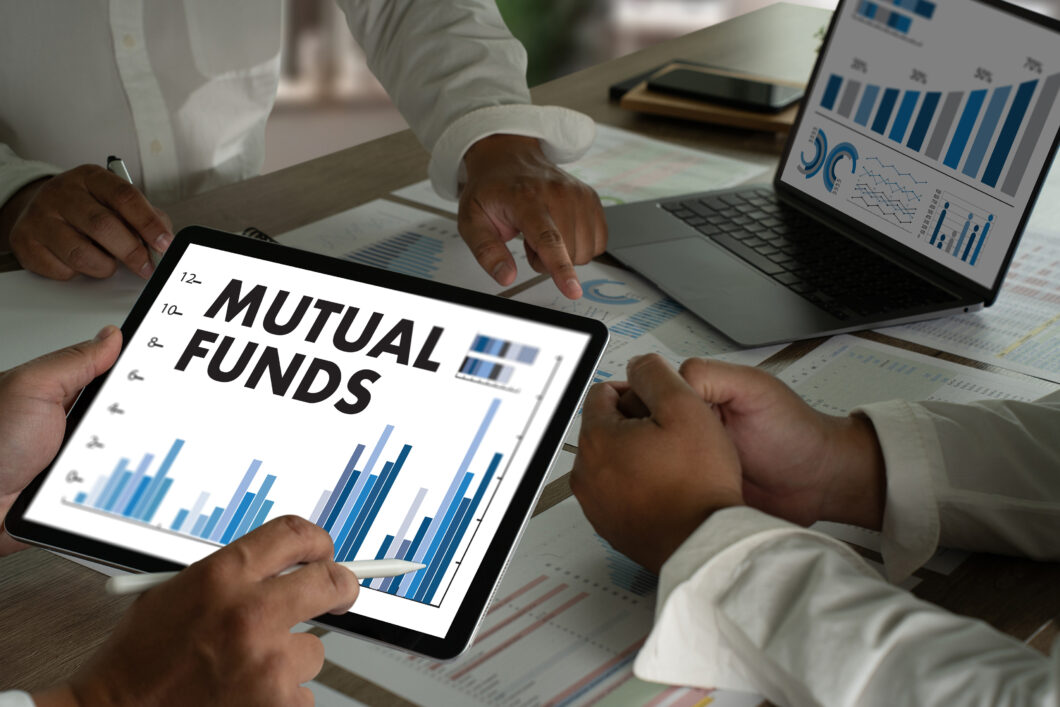It is vital for you to understand that when you are investing your hard-earned money, it is not about what seems attractive to you. It is about what is good for you.
There are broadly two approaches to buying a product or service. One, your own taste or preference. Second, reviewing suitability, which may need professional advice.
Examples of the first category are the shirt or saree you wear, the mobile phone you use, the car you drive, the music you listen to. For suitability, you ignore your own choice or taste. Examples of this kind of purchases are medicines with doctor’s advice, legal opinion in case of dispute or health food with nutritionist’s advice.
Choosing MFs
If you understand what is good for you when it comes to investment products, that too is ‘good’ for you. However, here also you have to distinguish between whether you really understand the product, or you think you understand it. For example, before choosing a mutual fund to invest in, you Google for the last 1-year or 5-year returns; but this doesn’t give you in-depth information. If you are choosing MF products on the basis of such returns, you are not aware of the fund strategy and what is likely to happen during your investment tenure.
This is where you need professional inputs.
Let us take an analogy on why it is important to dig deeper into your investment decisions. Let’s say higher returns while investing is the same as lesser expenses while spending. You are looking for a local transport and you don’t have your car. Usually, people consider a lot of variables while taking the decision, consciously or unconsciously. You have a choice, all the way from autorickshaw at the lower end to Ola/Uber sedan at the higher end. The factors people usually consider are (a) comfort (sedan is more comfortable, auto-rickshaw is jerky, dusty) (b) travelling time – which one will take you faster (c) availability (is the app faster than going to the road looking for a cab) (d) other add-ons ( wi-fi etc.) in Ola/Uber) (e) safety (for women) and (f) charges.
Consider this: even for a small, one-time transport service, people look at so many aspects apart from expenses. If cost were the only factor, you would travel by public bus! The analogy is, when you take a decision, it is not just the end result that matters, but the journey as well.
If you want a reasonably good journey with good end result, you would choose equity products. If you want a smooth journey with some compromise on the end result, you would want debt products.
In case you prefer a roller coaster and do not care about the end result, then cryptocurrency is the instrument for you. When investing hard-earned money, it should be more about suitability, followed by return expectations.
When the equity market is in a bull run, it attracts investors; low inflation may prompt the RBI to reduce interest rates which makes debt funds look better.
A PMS provider may give returns higher than his peers in a particular time frame. These are immediate attractions that you have to consider and understand what suits you.
What should you consider before buying financial investment products?
(1) Suitability: any product, be it equity or debt or hybrid, has to be allocated in your portfolio, in a ratio that is appropriate for your investment objectives, your investment horizon, your appetite for digesting volatility, and the historical volatility of the investment asset. It is better to have a financial adviser for guidance.
(2) Return volatility: you have to account for historical or expected maximum downside on an extreme adverse market event.
(3) Risk profile: You have to gauge if you would lose sleep when your portfolio temporarily drops by 5% or by 25%.
(4) Investment horizon: history shows us that over an appropriate horizon, market cycles play out and interim volatility evens out. Your horizon should be adequately long to tide over such phases.
(5) Liquidity: Some investments are relatively more liquid, others require a longer holding period before you sell off.
Source: https://www.thehindu.com/business/Industry/how-to-buy-financial-investment-products/article66101570.ece/amp/


